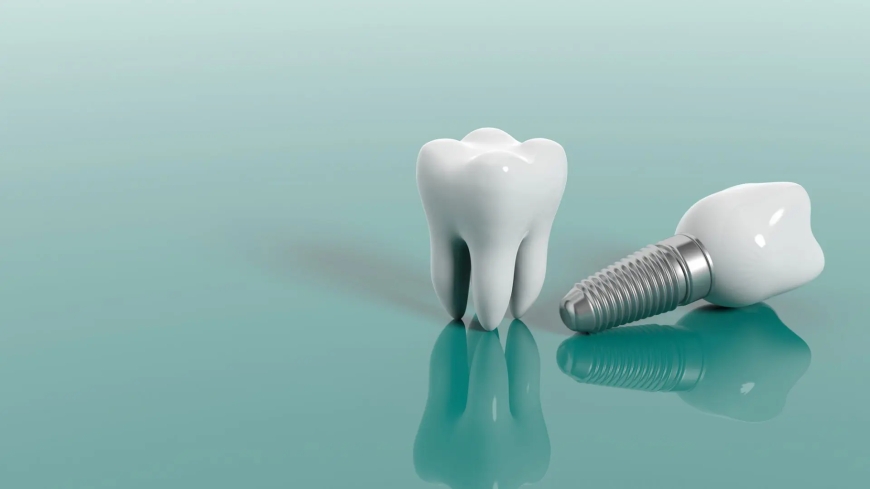Proper Care for Dental Implants: A Guide
Dental implant surgery involves inserting an implant into the jawbone. Once the implant integrates with the bone, a realistic porcelain tooth, akin to a natural tooth, is attached. Implants can be submucosal, subperiosteal, endosteal, intraosseous, or transmandibular, depending on the implantation site. The primary goal is to ensure the artificial tooth effectively performs chewing functions.

Dental implant surgery involves inserting an implant into the jawbone. Once the implant integrates with the bone, a realistic porcelain tooth, akin to a natural tooth, is attached. Implants can be submucosal, subperiosteal, endosteal, intraosseous, or transmandibular, depending on the implantation site. The primary goal is to ensure the artificial tooth effectively performs chewing functions.
Ensuring that the dental implant appropriately bears the chewing forces is crucial. Due to individual differences in bone quality and health, the hardness and toughness of food that can be chewed vary. Patients should follow their dentist's advice and gradually find suitable foods for their implants, as optimizing the implant's functionality is a key aspect of its care.
Maintaining oral and dental implant hygiene is essential to prevent peri-implantitis. This involves brushing twice daily and rinsing after meals. Special attention should be given to cleaning the neck of the implant and surrounding gum tissue. Using a toothbrush with medium-soft bristles and round tips, along with toothpaste containing mild abrasives, is advised.
Regular dental check-ups and care are imperative after getting a dental implant. Besides proper brushing, it's necessary to visit the dentist every six months for professional cleaning. This helps remove plaque and tartar that regular brushing can't, ensuring the health of both the implant and natural teeth.
Rinsing the mouth frequently is important to maintain oral hygiene. Rinsing after eating helps remove loose debris and temporarily reduces the number of microbes in the mouth, thereby protecting the implant.
Brushing teeth diligently is one of the most effective ways to maintain oral hygiene for those with dental implants. A soft-bristled, round-tipped toothbrush should be used. The chosen toothpaste should contain gentle abrasives. When cleaning around the implant base, a gentle approach is necessary to avoid damaging the surrounding soft tissues.
Avoiding excessively hard foods is important for implant care. While dental implants offer superior chewing functionality compared to traditional dentures, continuously eating hard foods can cause unnecessary stress and fatigue to the metal components.
Special care should be taken to protect the titanium metal used in implants. It's advisable to limit the consumption of iodine-rich and acidic foods to prevent corrosion. For optimal maintenance, a biannual check-up is recommended. During these visits, the dentist will thoroughly inspect the implant and clean the surrounding tissues using specialized tools.
In conclusion, the proper care of dental implants is crucial for their longevity and functionality. Regular cleaning, careful eating habits, and routine dental check-ups are integral to maintaining the health of both the implant and the natural teeth. By adhering to these guidelines, patients can ensure their dental implants remain in optimal condition.
What's Your Reaction?




























:quality(85):upscale()/2024/01/25/878/n/1922153/f94f61ec65b2bf18018990.47538761_.jpg)

:quality(85):upscale()/2024/01/26/751/n/1922153/6bd241b765b3e57a0c5559.91495665_.png)
:quality(85):upscale()/2024/01/26/759/n/29590734/b7f6660b65b3e8460d7196.77057039_.jpg)













